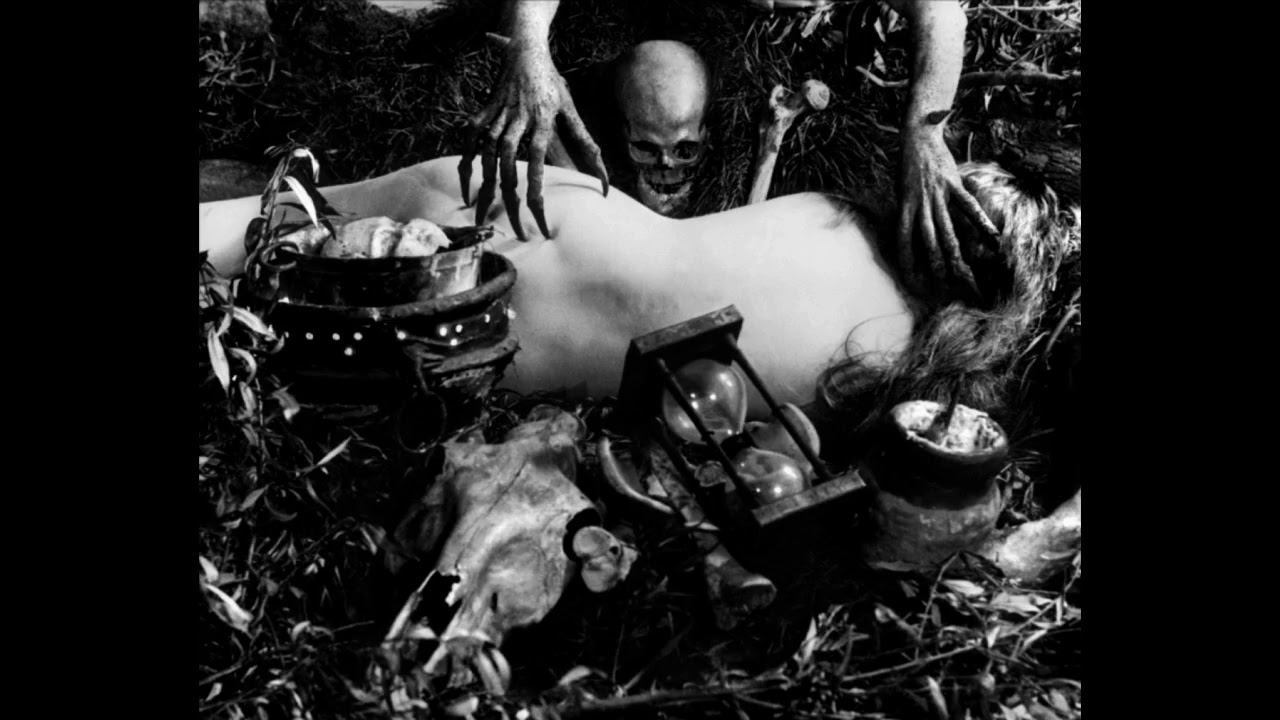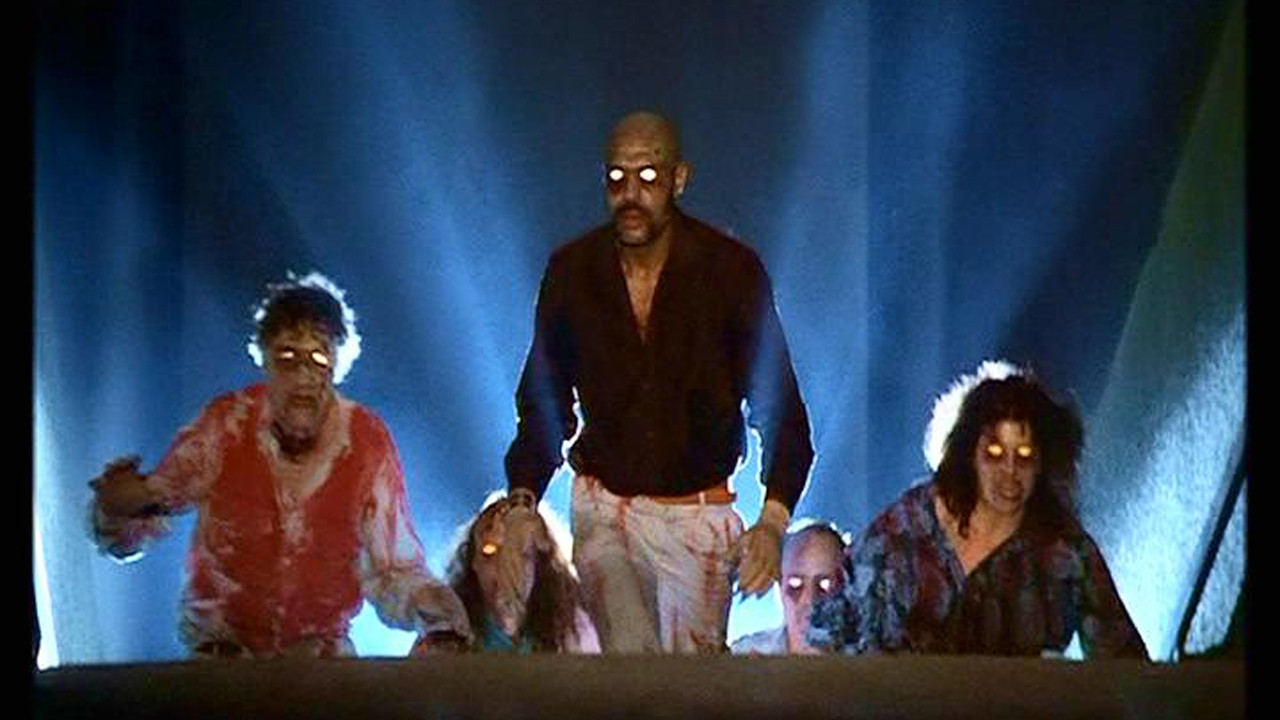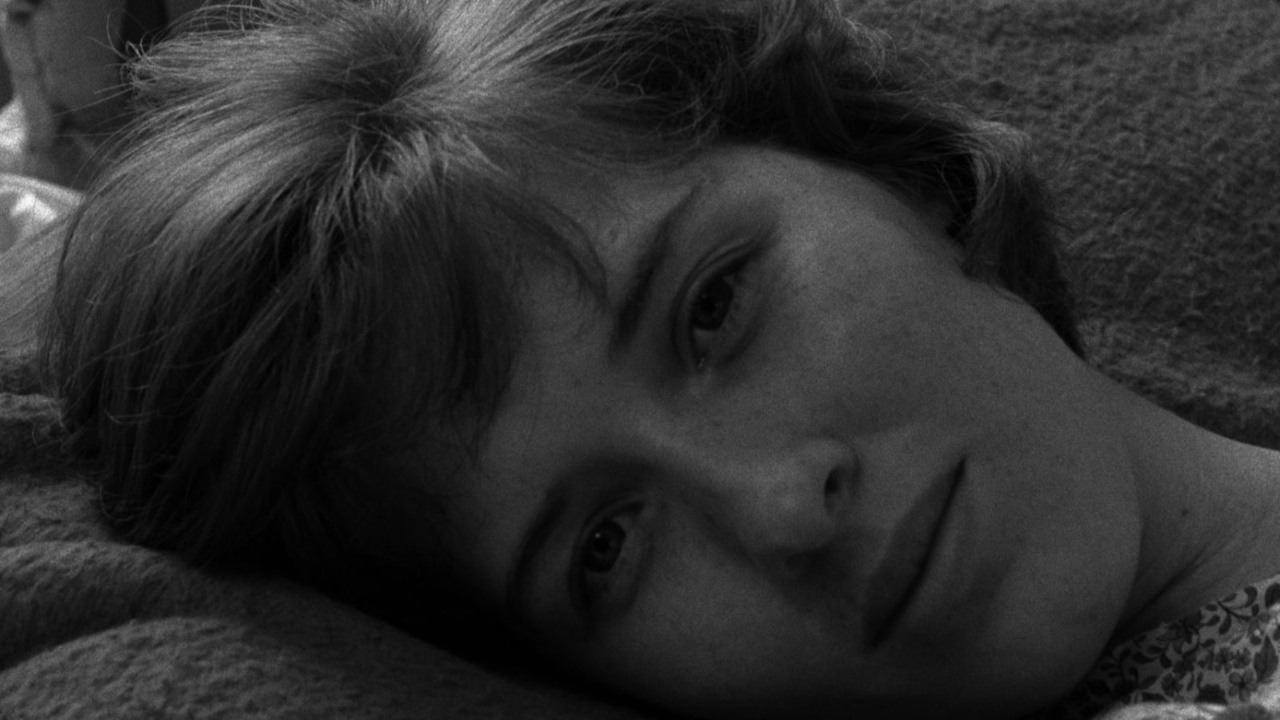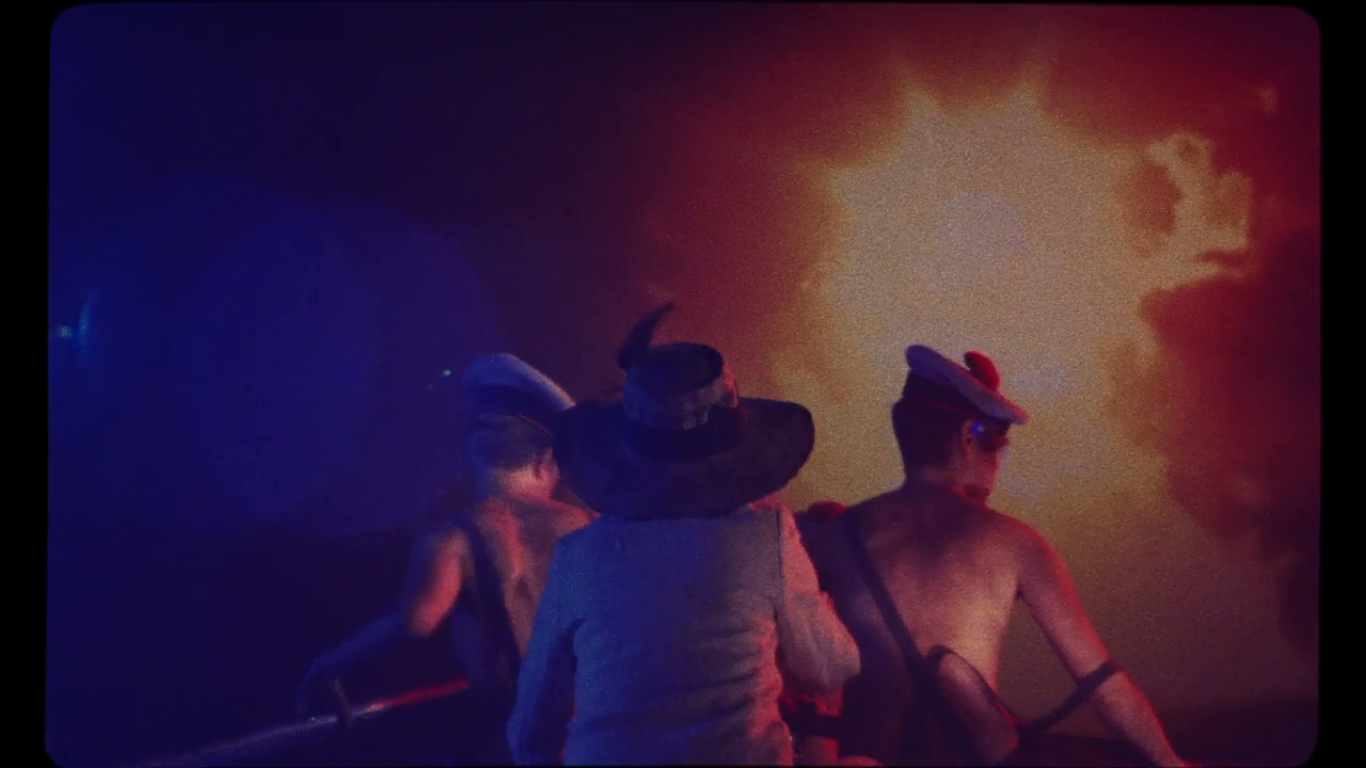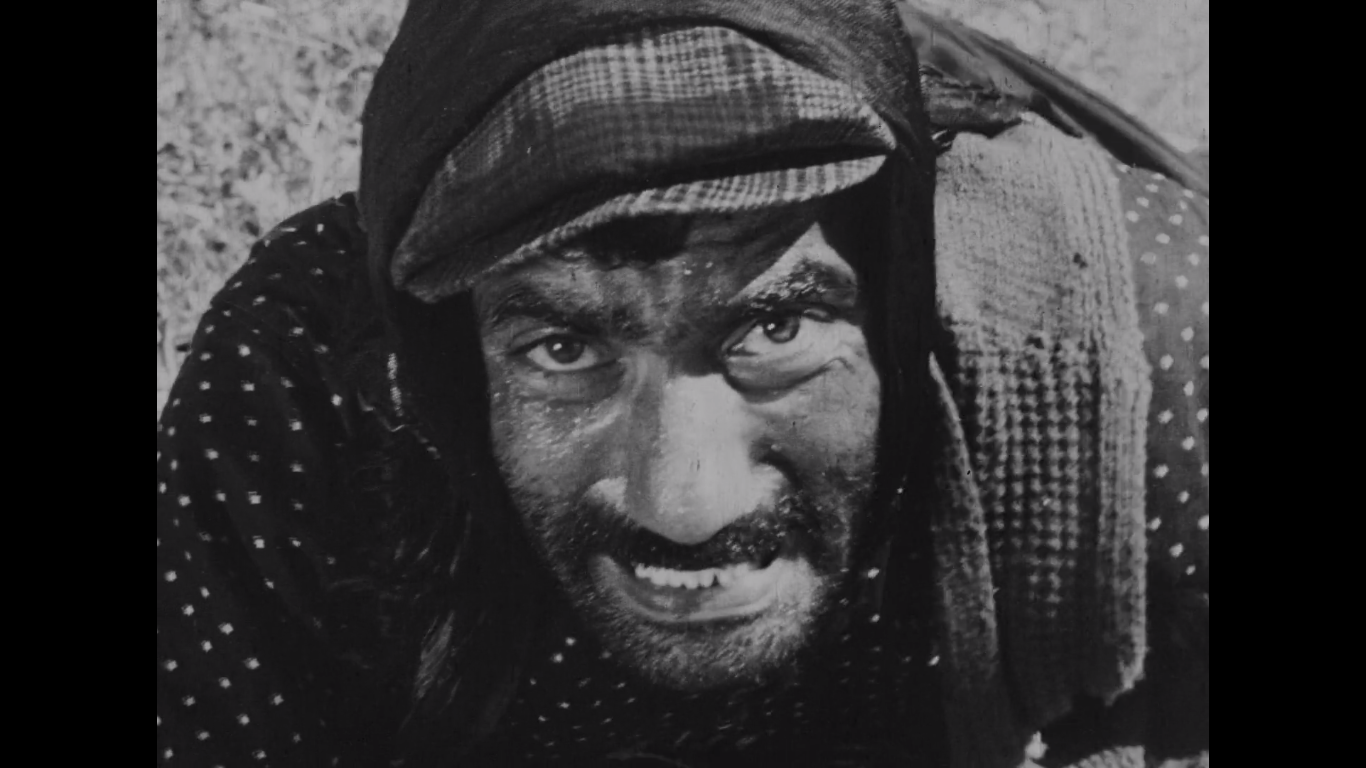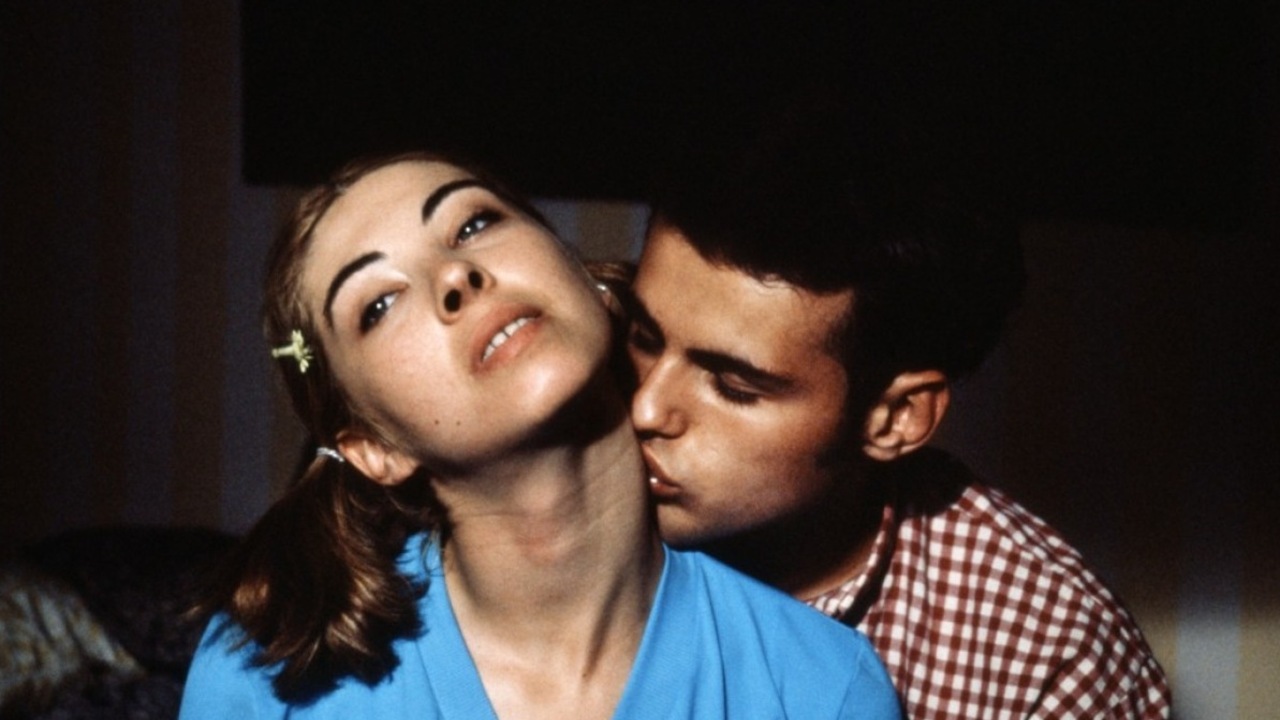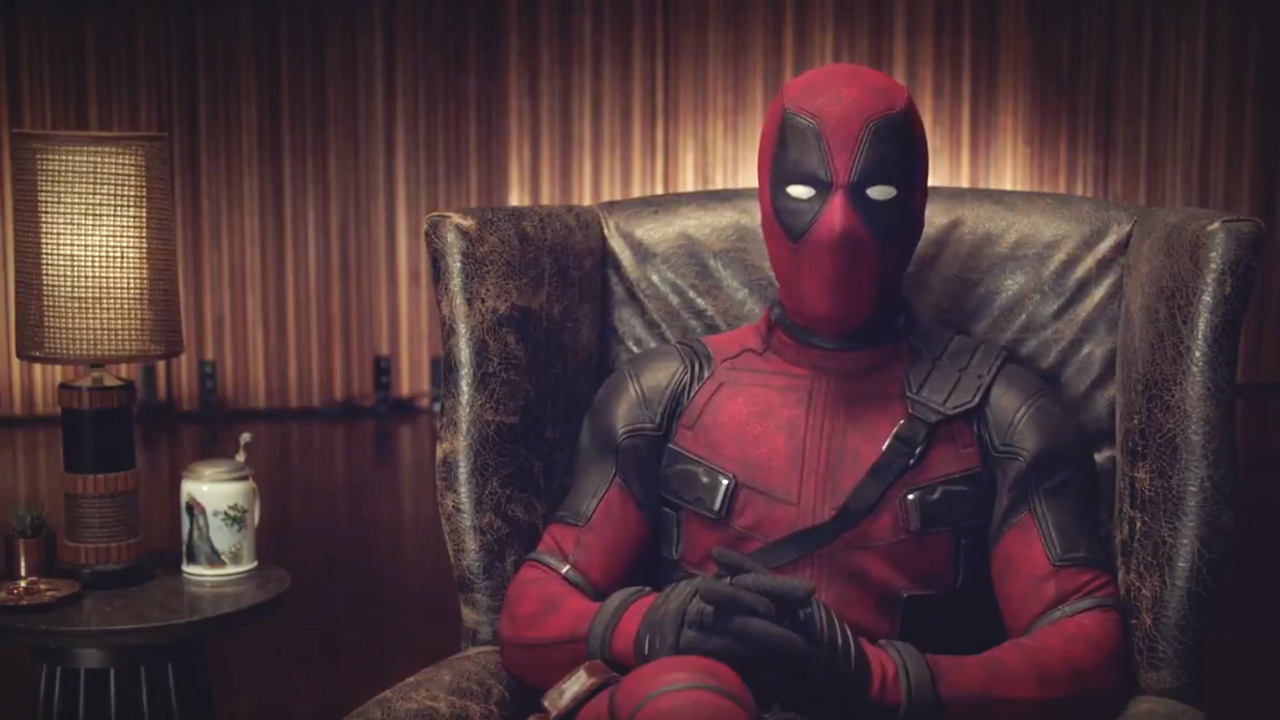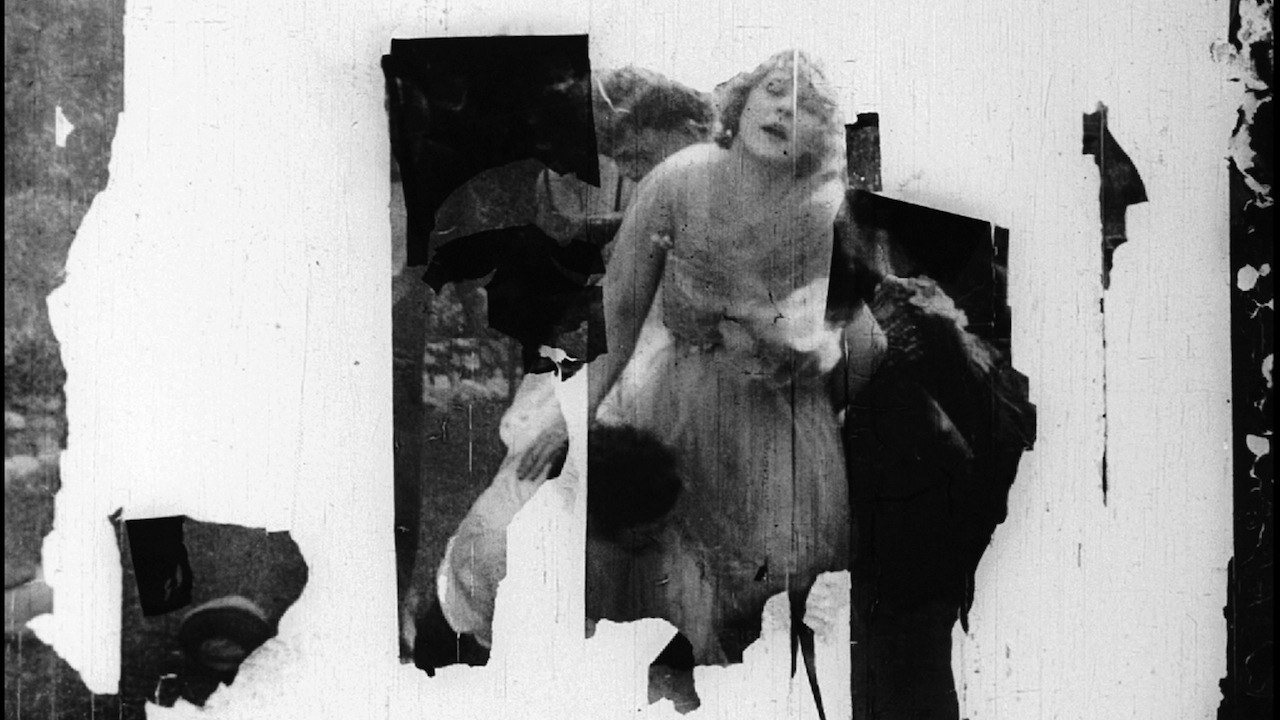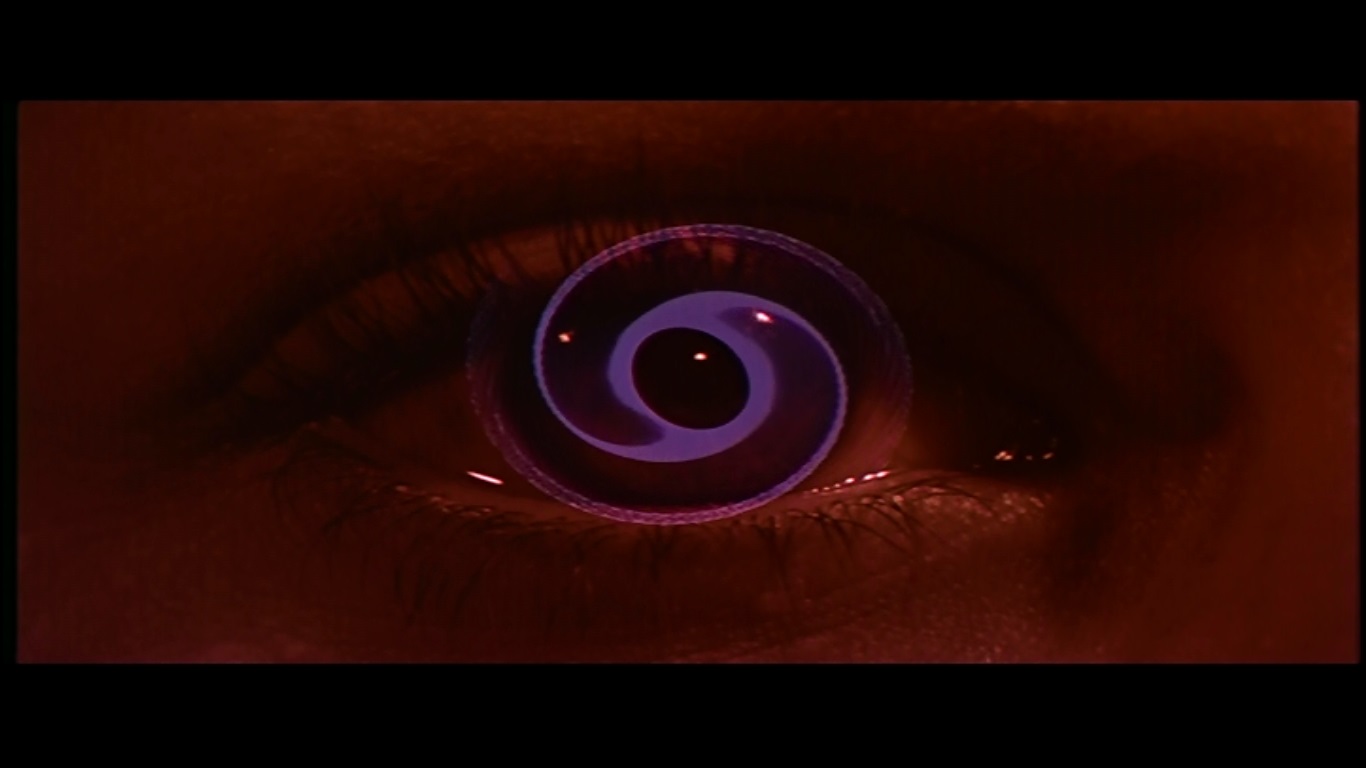He’s a classic, essential horror movie stereotype. He has hung around for centuries, but he really came into his own once movies about hauntings turned “scientific”: The Haunting or The Stone Tape, for example. He’s the scientist who wants to empirically study demonic/ghostly activity, and he’s one of my favorite character types in the classic era.
Commentary
As in many corners of the internet, October is horror movie country here at Luddite Robot. For the past two years, we’ve tried to be rigorous about following a movie-a-day Shocktober regimen, with categories for inclusion and various bells and whistles.
At one point in Synecdoche, New York, the Charlie Kaufman-stand-in Caden is giving his actor — a twenty-something man playing the role of Willy Loman — a note in his production of Death of a Salesman. “Try to keep in mind that a young person playing Willy Loman thinks he’s only pretending to be at the end of a life full of despair.
The Wild Boys, Bertrand Mandico’s feverish and gleefully overstuffed debut feature, is many things at once, and not all of those things make immediate sense together. It’s a highly theatrical coming-of-age story set on the high seas, featuring boys played by women becoming men who become women.
No one told me about Yılmaz Güney, and I find this extremely rude.
Sure, I could’ve discovered one of the most famous figures of Turkish cinema on my own. It probably wouldn’t have been too difficult to uncover “the most seismic and controversial cultural figure of his generation and a catalyst for a new era of politically engaged filmmaking,” in Bilge Ebiri’s description, a writer and director who “remains an icon in Turkey to this day, his face gracing posters in coffeehouses and theaters, his name regularly invoked by contemporary filmmakers.”
The nice thing about unique and distinctive voices (or those voices that you know, from general hubbub, must be unique and distinctive), across mediums and across genres, is that when you finally get around to experiencing them, they very rarely are anything like you assumed.
There is another Deadpool movie in the world now.
It may have a new director — David Leitch, co-director of John Wick and director of Atomic Blonde (and, uh, Terry Bogard in the King of Fighters movie) — but the tone is exactly the same as the first one: an emulsion of an achingly sincere story about revenge and family suspended in a hyperviolent, nihilistic action-comedy.
When bulldozers accidentally hit upon a cache of film reels in the cold ground of Dawson City, deep in the Yukon Territory, it was compared to the discovery of King Tut’s tomb.
Hyperbolic? Maybe. But the find — 533 films “dating from the 1910s and 20s [and mostly] previously unknown to film scholars or thought to be totally lost” — really was something of a miracle.
“We aren’t in some American TV show. We don’t need any private detectives,” a policeman tells Joe Shishido (the chipmunk-cheeked tough guy from Branded to Kill and A Colt Is My Passport) early in Detective Bureau 2-3: Go to Hell, Bastards!

